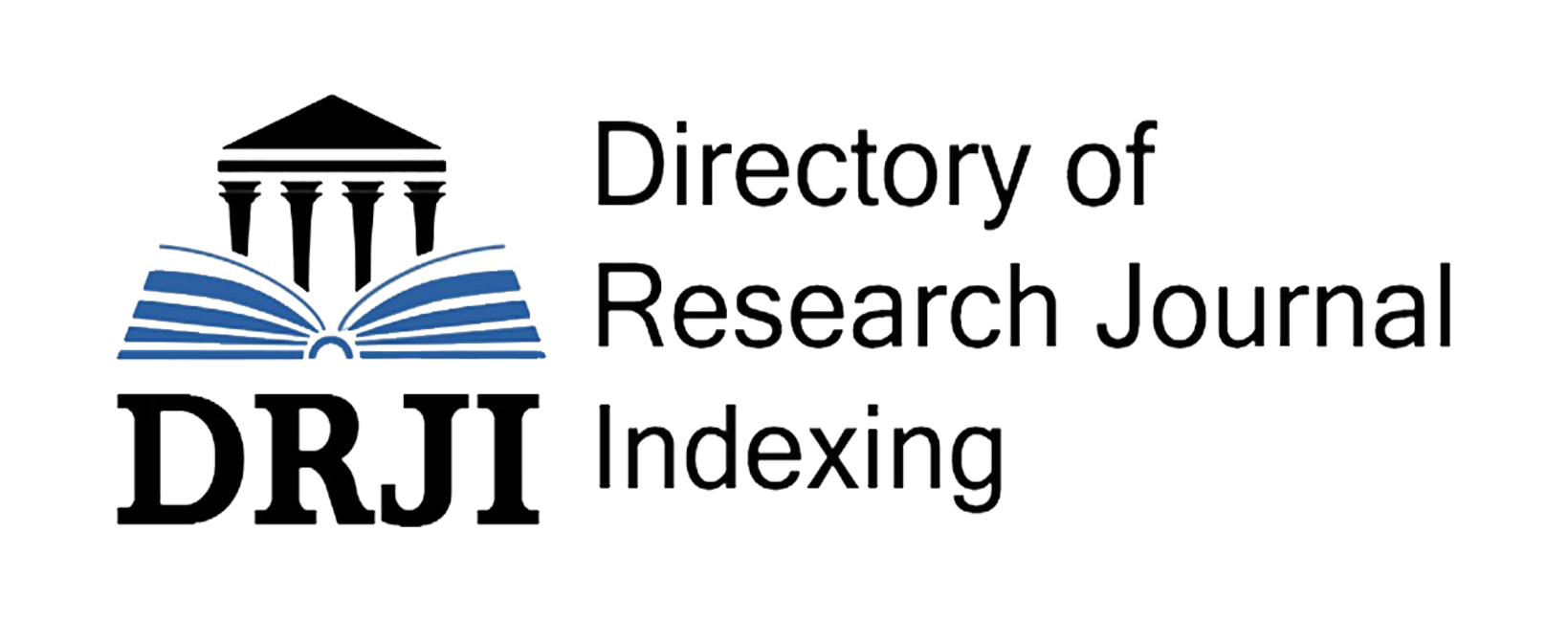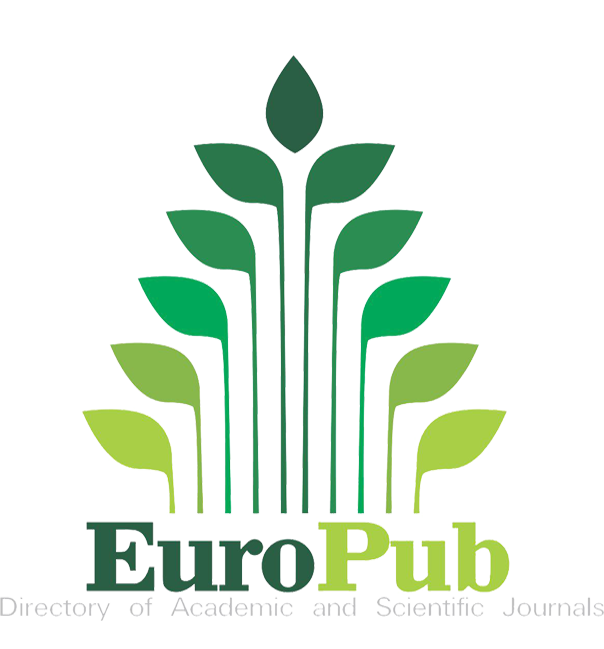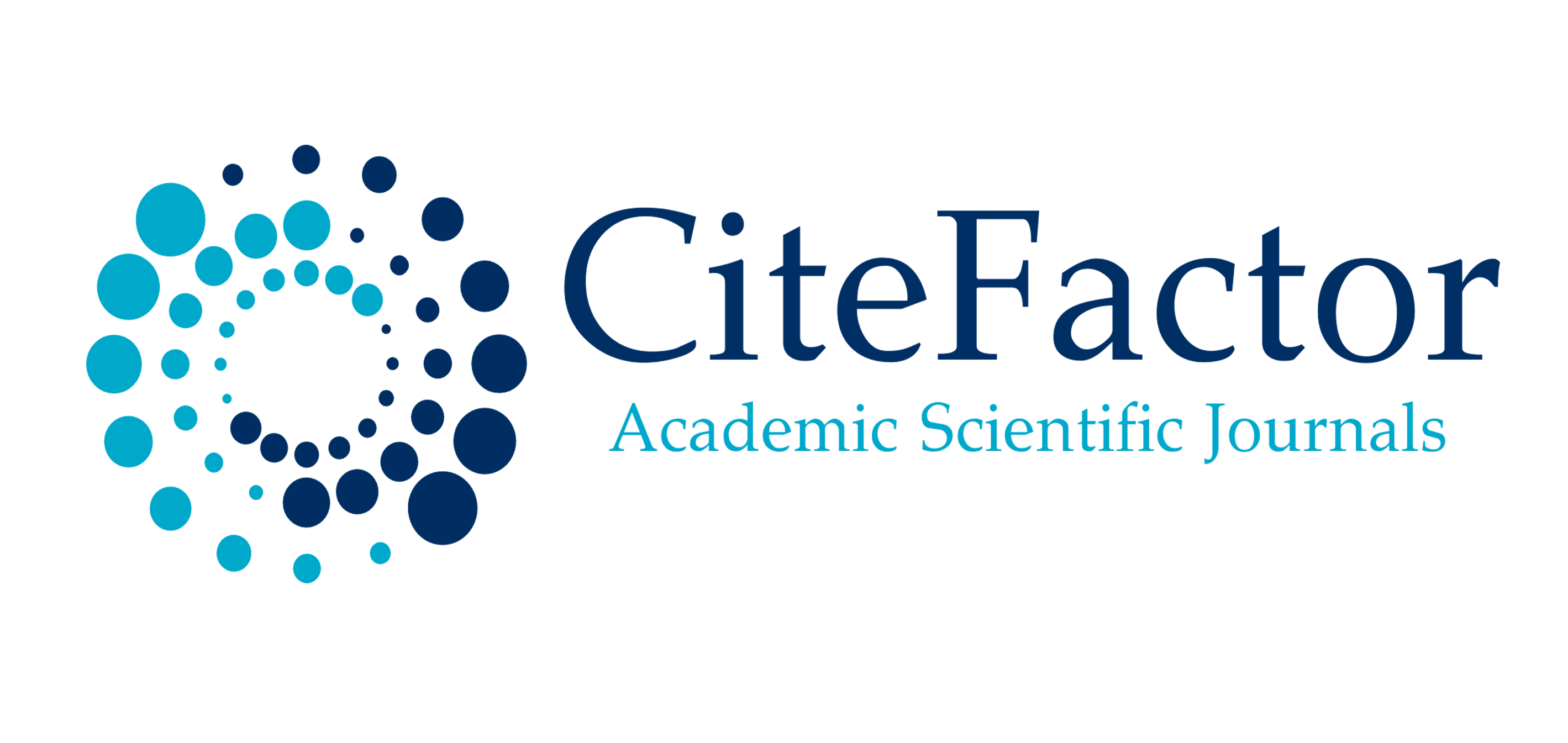LINGUISTICS IS AN INTEGRAL RELATIONSHIP BETWEEN LANGUAGE AND CULTURE
Keywords:
linguocultural studies, linguoculturology, interpretation, linguoculturography, language, cultural facts, context-dependent, culturally specific, intercultural communication, language education, cultural preservationAbstract
This article explores the specificity of interpreting language and cultural facts in the field of linguocultural studies, which encompasses linguoculturology and linguoculturography. Linguocultural studies emphasizes the inseparable relationship between language and culture, recognizing that they mutually influence and shape each other. Linguoculturology examines the theoretical aspects of this relationship, while linguoculturography focuses on the practical analysis of language and cultural phenomena. The interpretation of language and cultural facts in linguocultural studies is characterized by its context-dependent and culturally specific nature. It recognizes that meanings and interpretations are influenced by cultural frameworks, social structures, and historical contexts. This article highlights the importance of understanding cultural nuances and appreciating the specific cultural context in which language and cultural facts occur. It explores the implications of this specificity in various areas, such as intercultural communication, language education, and cultural preservation. The findings contribute to a deeper understanding of how language and culture intersect and shape our diverse human experiences.
References
Agar, M. (1994). Language Shock: Understanding the Culture of Conversation. William Morrow & Co.
Geertz, C. (1973). The Interpretation of Cultures: Selected Essays. Basic Books.
Kramsch, C. (1998). Language and Culture. Oxford University Press.
Lado, R. (1957). Linguistics Across Cultures: Applied Linguistics for Language Teachers. University of Michigan Press.
Sapir, E. (1929). The Status of Linguistics as a Science. Language, 5(4), 207-214.
Scollon, R., & Scollon, S. W. (2001). Intercultural Communication: A Discourse Approach. Wiley-Blackwell.
Bekmurodov, M., Akhmedova, F., & Kadirova, K. (2020). Study the process of harmonization formation of personal and professional qualities at students. International Journal of Psychosocial Rehabilitation, 24(S1), 597-605.
Kadirova, H., & Akhmedova, F. Sociological Analysis of the Nation's Identity, the Levels of Feeling the National Identity in Uzbekistan. International Journal of Innovative Technology and Exploring Engineering (IJITEE) ISSN, 2278-3075.
Akhmedova, F. (2018). Professional Education Pharmaceutical Personnel in Uzbekistan. Eastern European Scientific Journal, (6).
Ахмедова, Ф. М. (2020). Подход восточных мыслителей к проблеме формирования личностных и профессиональных качеств у молодого поколения. Журнал социальных исследований, 3(3).
Medetovna, A. F. (2018). A Formation of Professional Competence At Future Pharmacists. Asian Studies, 36(2), 1-5.
Buvabaevna, K. H., & Medetovna, A. F. Development And Preservation Of Karakalpak Ethnic Culture. Multidisciplinary Approaches in the Current Times, 63, 63-70.
Medetovna, A. F. (2021). Harmonization of professional and personal competencies in future pharmaceutical personnel. Thematics Journal of Sociology, 5(2).
Akhmedova, F., & Rozikova, R. (2021). THE UNIVERSITY TEACHERS’PERCEPTIONS OF PEER OBSERVATION. EurasianUnionScientists, 4-9.
Ахмедова, Ф. М. (2021). ATTITUDE OF YOUNG PEOPIE TO EDUCATION. ЖУРНАЛ СОЦИАЛЬНЫХ ИССЛЕДОВАНИЙ, 4(4).
Akhmedjanova, D., & Akhmedova, F. (2022). Transition to online learning in Uzbekistan: Case of teaching academic English at Westminster International University in Tashkent. In International Perspectives on Teaching and Learning Academic English in Turbulent Times (pp. 130-140). Routledge.









